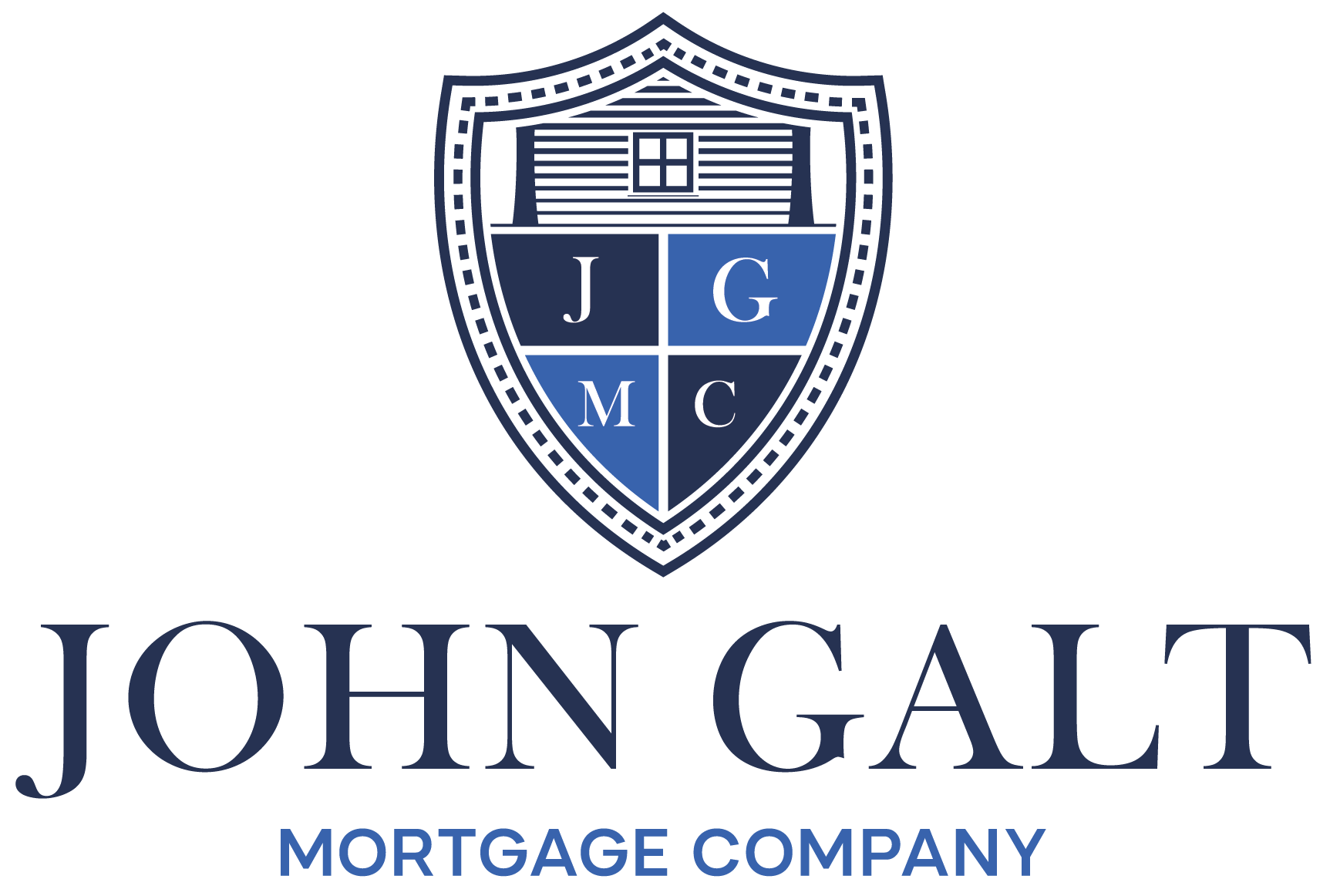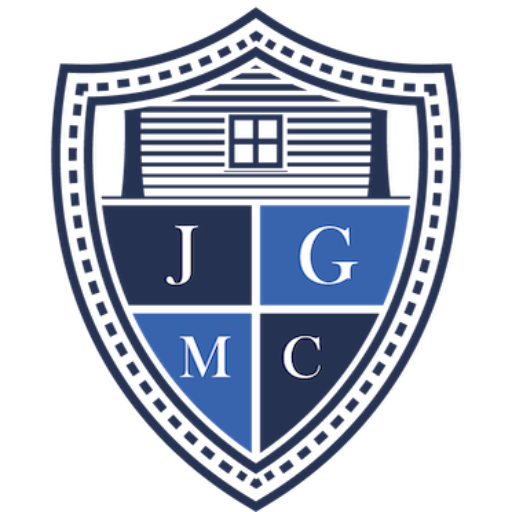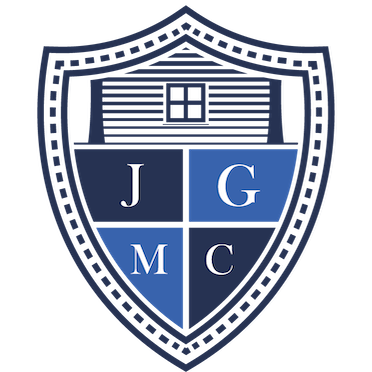What Costs Should I expect with a New Mortgage?
A mortgage is a financial product that enables people to purchase real estate by borrowing money from a lender. While a mortgage can provide individuals with the means to buy a home, it also comes with various costs that borrowers must be aware of. In this article, we will explore all the costs associated with a mortgage.
Interest: One of the most significant costs of a mortgage is the interest charged by the lender. The interest rate is determined by several factors, including the borrower’s credit score, the size of the down payment, and the length of the loan term. The interest is calculated as a percentage of the outstanding balance and added to the monthly mortgage payment.
Principal: The principal is the amount of money borrowed from the lender to purchase the home. As the borrower makes mortgage payments, the principal amount decreases, and the equity in the home increases.
Down Payment: The down payment is a lump sum paid by the borrower to the lender at the time of purchase. The size of the down payment can affect the interest rate, monthly payments, and mortgage insurance requirements.

But wait… There’s More
Mortgage Insurance: If the borrower makes a down payment that is less than 20% of the purchase price of the home, they may be required to pay for mortgage insurance. This insurance protects the lender in case the borrower defaults on the loan. Mortgage insurance can be paid as a one-time upfront fee or added to the monthly mortgage payment.
Property Taxes: Property taxes are assessed by local governments based on the value of the property. They are usually paid as part of the monthly mortgage payment and held in an escrow account by the lender until the taxes are due.
Homeowner’s Insurance: Homeowner’s insurance is required by the lender to protect the property in case of damage or loss. The cost of the insurance is typically paid as part of the monthly mortgage payment and held in an escrow account by the lender.
Closing Costs: Closing costs are fees paid to third parties involved in the mortgage transaction, such as the title company, appraiser, and attorney. These costs can include origination fees, appraisal fees, title search fees, and other expenses. Closing costs can range from 2% to 5% of the purchase price of the home.
Prepayment Penalties: Some lenders may charge a prepayment penalty if the borrower pays off the mortgage early. This penalty is designed to compensate the lender for the lost interest they would have earned if the borrower had continued to make payments for the full loan term.
In conclusion, a mortgage is a complex financial product with several costs that borrowers must be aware of. These costs include interest, principal, down payment, mortgage insurance, property taxes, homeowner’s insurance, closing costs, and prepayment penalties. By understanding these costs, borrowers can make informed decisions about whether a mortgage is right for them and which lender offers the best terms. Contact us today and we’ll help you navigate this process.



